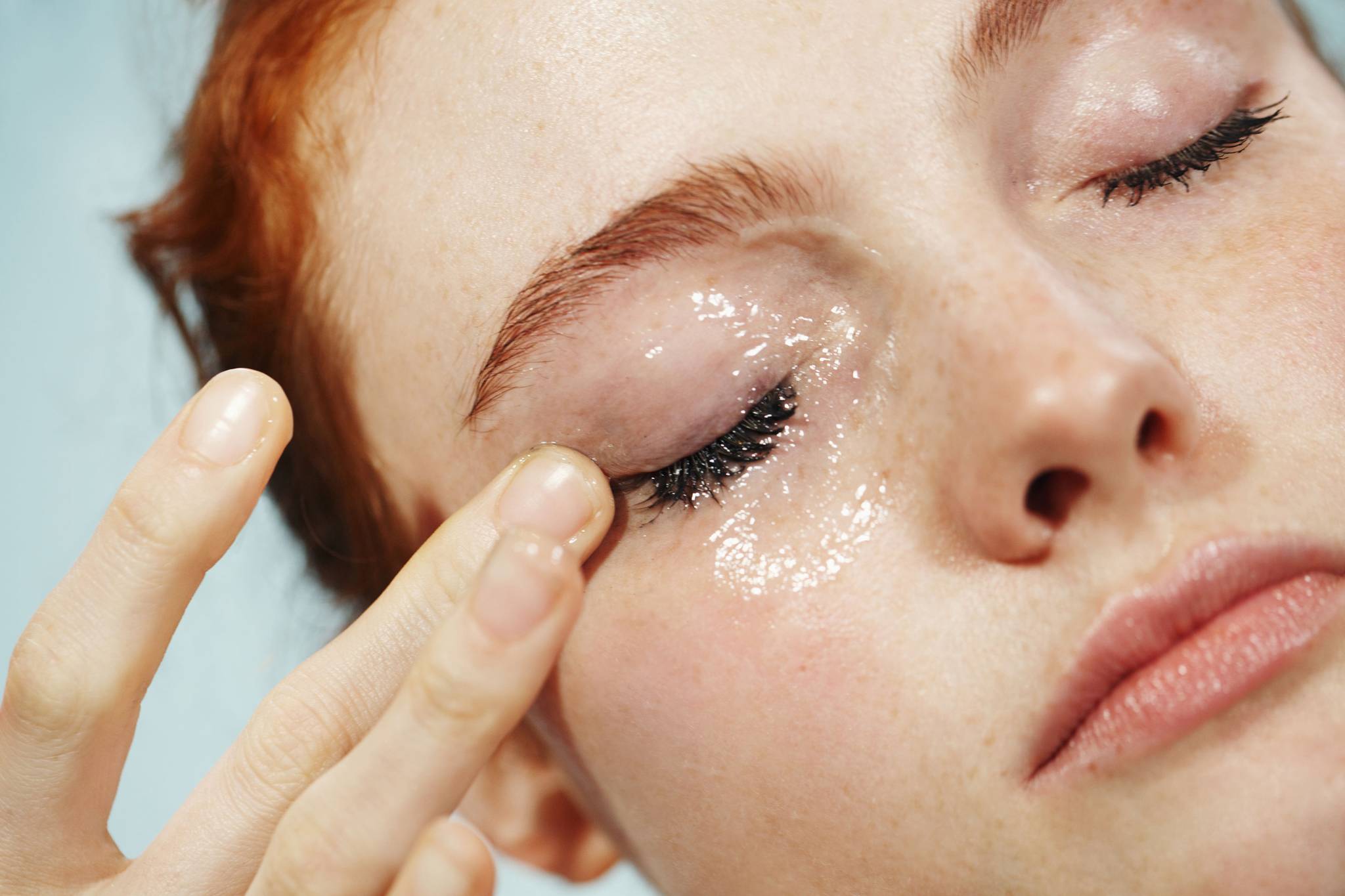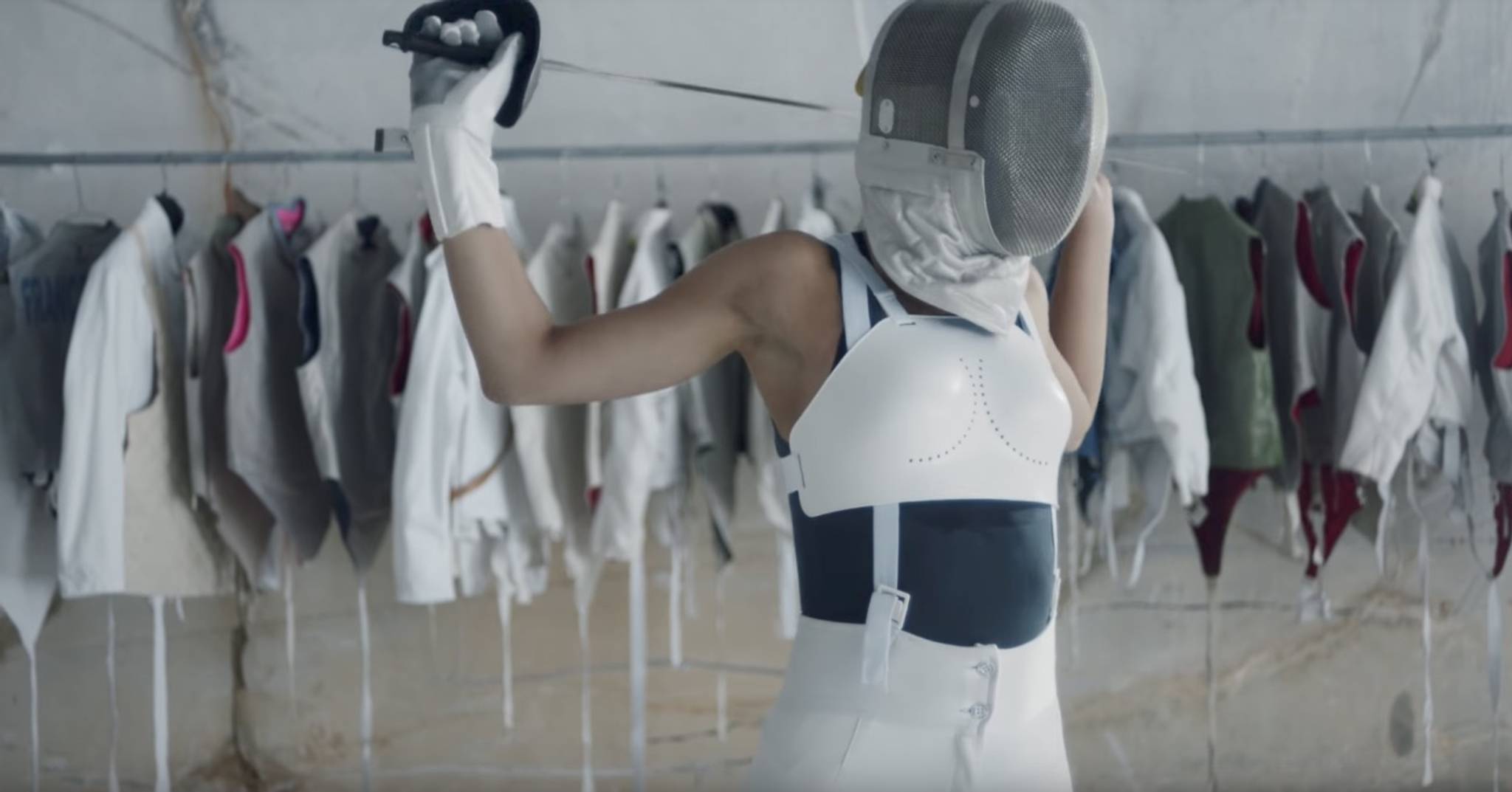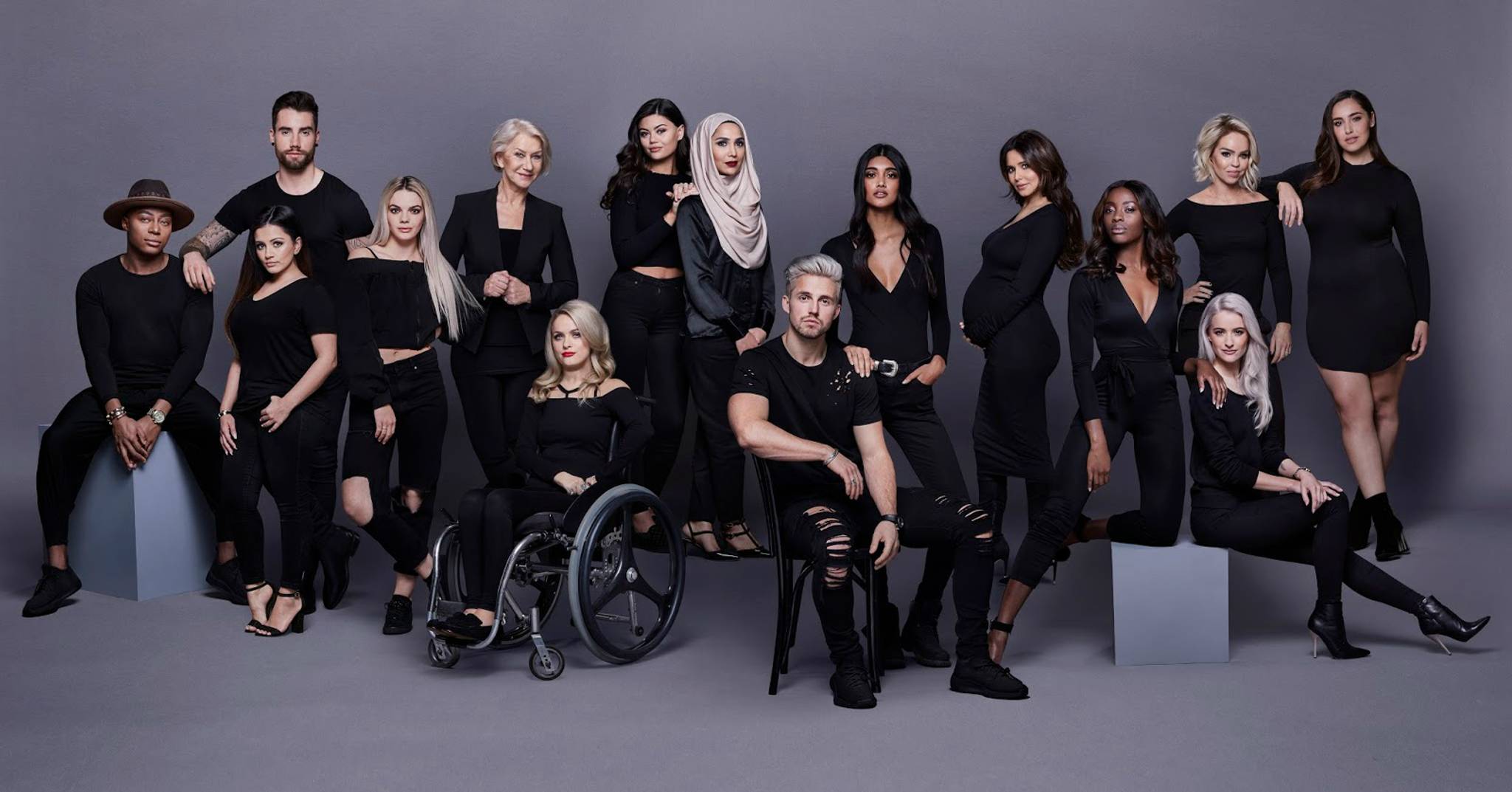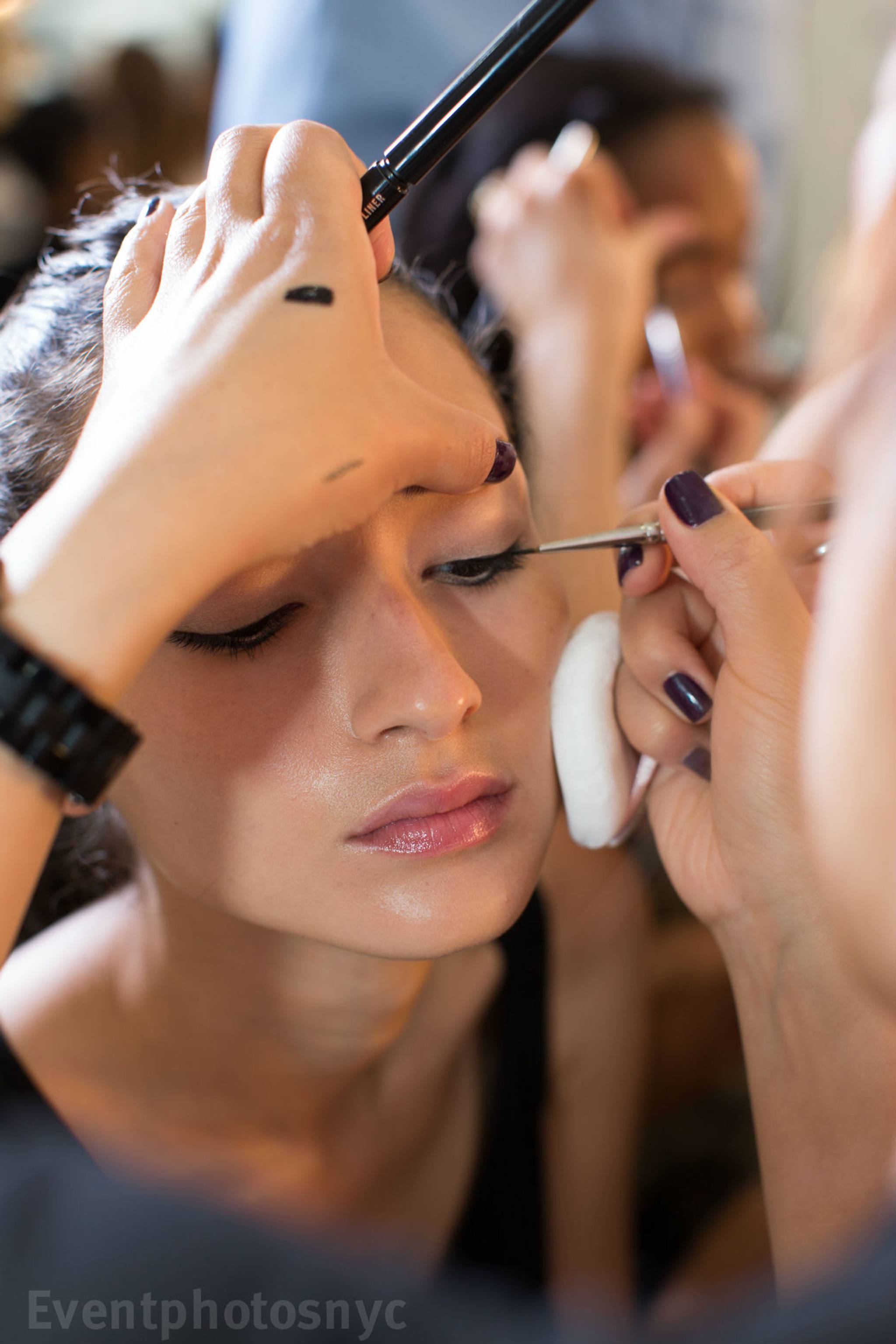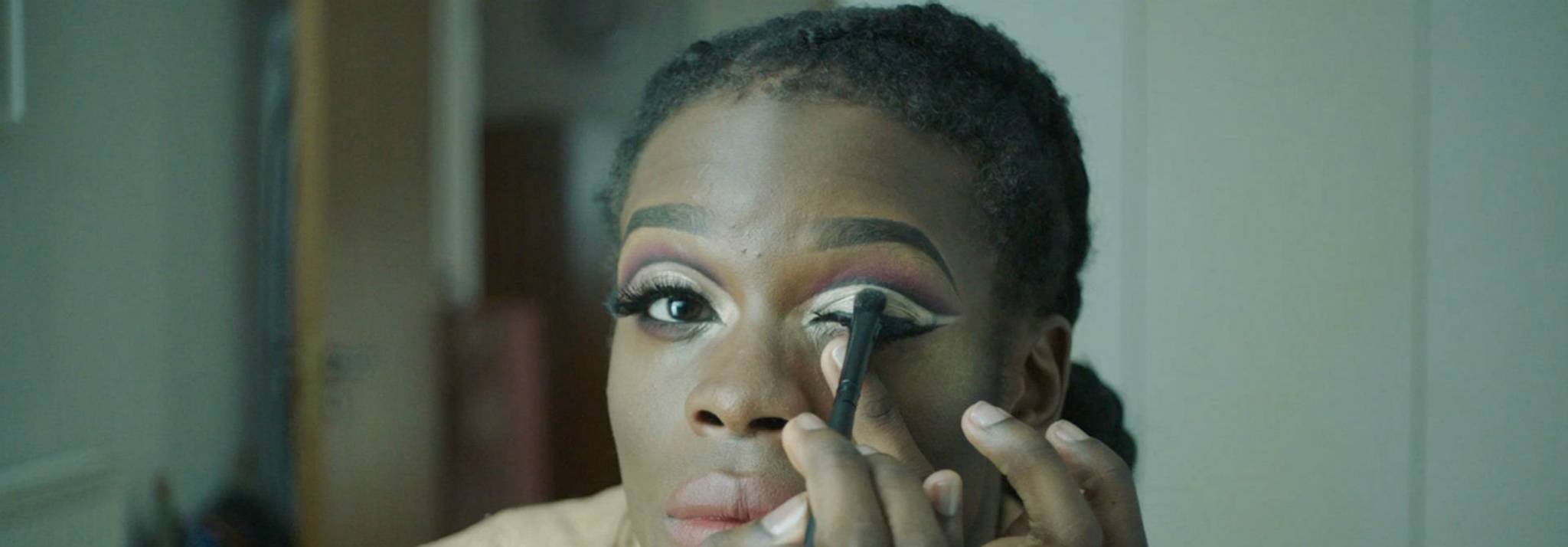
The average British woman will spend £70,000 on make-up in her lifetime, but wearing the ‘wrong’ kind of face comes with a stigma. With its new manifesto, cosmetics brand Sleek is launching a rallying cry against make-up shamers everywhere. We explore the insights behind the beauty campaign to understand why Sleek is siding with those who live for the wonderful world of make-up.
Valued at $445 billion in 2017, the global beauty market is booming. Yet while brands like Fenty Beauty and Glossier support the idea of loving the skin you’re in, Sleek’s ‘My Face. My Rules.’ campaign is backing ‘make-up junkies’ – people who love the total transformation a full face of make-up can offer. The brand’s pro-make-up manifesto appears alongside a video that shows men and women waking at the crack of dawn to perfect their faces before heading out.
Sleek’s show of support claps back against the idea that a made-up face is a fake one – 75% of people say they think women look better with no or less make-up, with women proven to experience more jealousy towards women with make-up on and thinking they’re more promiscuous. In this context, the campaign is intended to highlight that a love for lip-kits or dramatic contour isn’t rooted in insecurity, but creativity instead.
“Make-up isn't just meant for hiding imperfections or changing the way we look,” writes Zoë Weiner for Teen Vogue. “If that were the case, things like unicorn highlighter and chocolate-scented eyeshadow wouldn't exist. Make-up is an art form that can empower us and transform us into pretty much anything we want.” With 44% of women in the US claiming their appearance is a key part of their identity – more than lifestyle choices like being a mother, their career, where they grew up, or their religion – brands are beginning to recognise that make-up is more than skin deep.
Alex Quicho is the Americas editor at Canvas8, which specialises in behavioural insights and consumer research. Born in Boston and raised in Manila, she’s a writer and cultural researcher, with an interest in identity, futures, and soft power in art and design.
